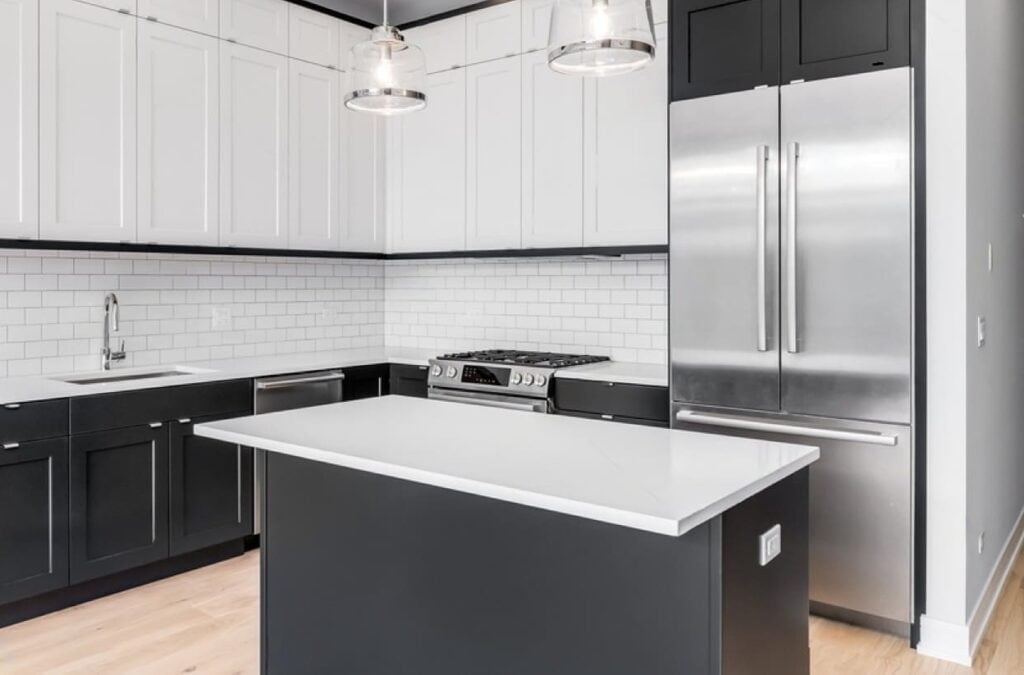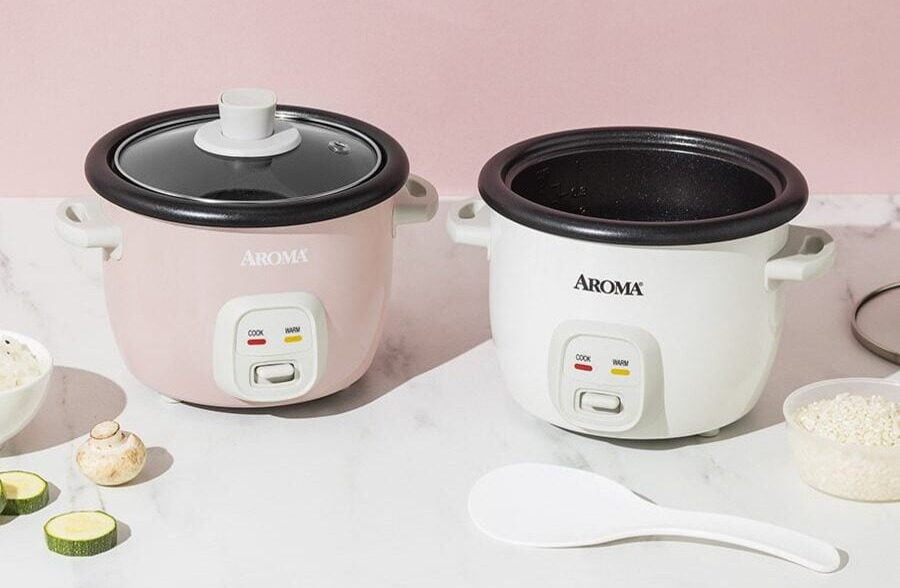Your LG refrigerator is a vital appliance that keeps your food fresh and safe. When your refrigerator fails to cool effectively, it can be a major cause of annoyance and worry. An inadequately cooling refrigerator can result in spoiled food and higher energy expenses. In this blog, we will explore the common reasons why your LG refrigerator may not be cooling as it should and how to troubleshoot and address these issues.

1. Dirty Condenser Coils
Dirty condenser coils are a prevalent cause of LG refrigerator not cooling efficiently. These coils, positioned at the rear or underneath your refrigerator, play a crucial role in expelling heat from the appliance. With time, these coils can accumulate layers of dust, debris, and pet hair, impeding their capacity to efficiently dissipate heat. When the coils are unable to do their job, the refrigerator’s cooling capacity is compromised.
Solution
To address this problem, it’s advisable to disconnect your refrigerator from the power source and delicately clean it. The condenser coils using a brush or a vacuum cleaner equipped with a brush attachment. To maintain the efficient operation of your refrigerator, aim to perform this cleaning task at least once or twice a year.
2. Faulty Fans
Refrigerators are equipped with two fans – the evaporator fan, typically located in the freezer, then the condenser fan, positioned near the coils. These fans play a crucial role in maintaining a consistent temperature inside the refrigerator and ensuring that air circulates properly. If either of these fans fails, it can lead to inadequate cooling.
Solution
Check if the fans are running when the refrigerator is turned on. If you observe that one of the fans is not functioning, it might necessitate LG refrigerator repair or replacement. Seeking the expertise of a professional technician for this specific task is advisable.
3. Frost Buildup
In some cases, frost buildup inside the freezer can obstruct the evaporator coils, preventing them from absorbing heat effectively. This situation can result in reduced cooling in both the freezer and refrigerator compartments, affecting the overall performance of your refrigerator.
Solution
If you notice excessive frost buildup, perform a manual defrost by unplugging the refrigerator and allowing it to thaw completely. After the ice has melted, plug your refrigerator back in and closely monitor its cooling performance. If the issue persists, there may be an underlying problem causing the frost buildup.
4. Bad Compressor or Control Board
The compressor functions as the core of your refrigerator, with the crucial task of pressurizing and circulating the refrigerant gas throughout the cooling system. The control board manages the refrigerator’s functions, including the temperature settings and fan operation. If either of these components fails, your LG refrigerator not cooling correctly.
Solution
Diagnosing and repairing issues with the LG refrigerator compressor or control board can be complicated and often require professional expertise. If you suspect any issues with these components, it’s advisable to reach out to a qualified technician who can thoroughly assess and effectively address the problem.
Conclusion
An LG refrigerator not cooling can be a real inconvenience, but understanding the potential causes and solutions can help you get it back in working order. Begin with the fundamental troubleshooting steps, which include cleaning the condenser coils and inspecting the fans. These initial checks can often resolve common cooling issues with your refrigerator. If those don’t resolve the issue, it may be time to seek the assistance of a professional technician to diagnose and repair more complex LG refrigerator problems because like a bad compressor or control board.
Remember that regular maintenance and cleaning can go a long way in preventing cooling issues, so make it a habit to keep your LG refrigerator in top working condition. By following these maintenance steps, you can not only guarantee the freshness of your food but also prolong the life of your appliance and ultimately save money in the long term.

